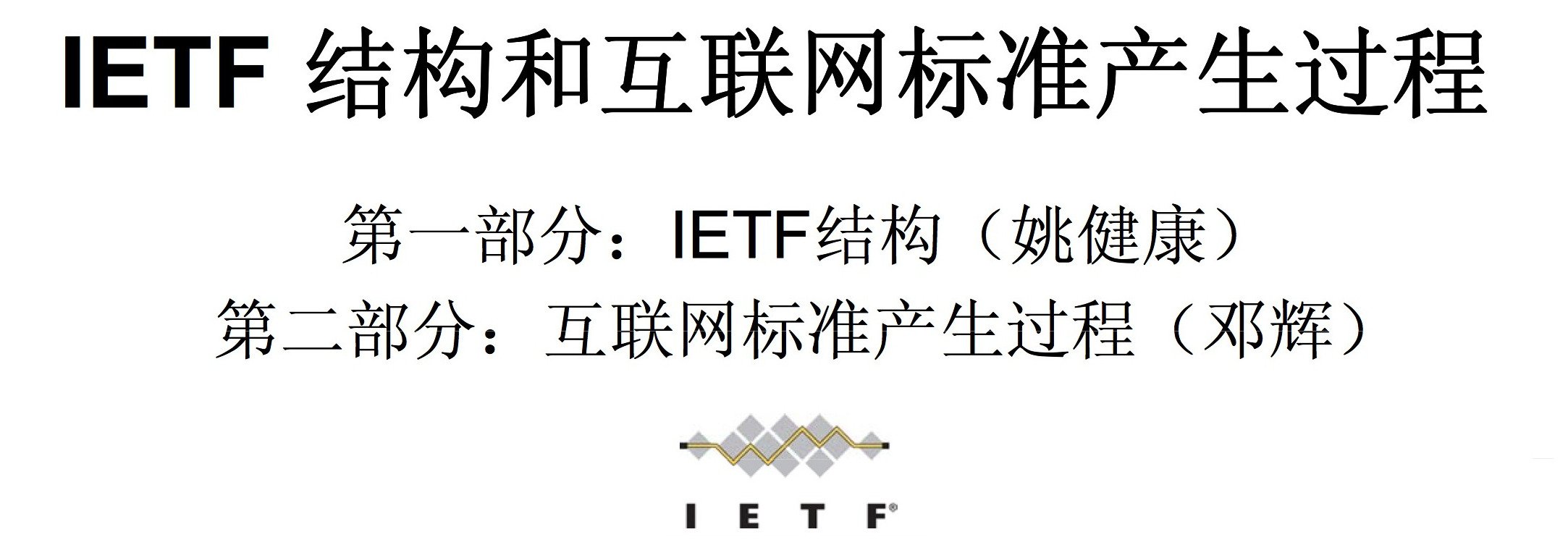Filter by topic and date
New Ideas for IETF Education
- Nalini Elkins EDU and Mentoring Teams
- Jari Arkko IETF Chair
- Mirjam Kuehne EDU Team
8 Jun 2015
Education and newcomer orientation activities have existed in the IETF in various forms from the early 1990s (if not earlier). As the IETF and the world around us evolves, we are now rethinking what types of activities are best suited for the future.

Many individuals have graciously contributed their time to talk about the IETF generally, about the tools that we use in our work, trained working group chairs, and introduced various technical topics. A key activity has the Sunday orientation sessions before our meetings begin, but there’s also a wealth of material at the team’s web site. Many presentations have been held in different languages, and information about the IETF (such as the Tao) also exist in many languages. In the last couple of years, we have also launched the mentoring program, pairing new participants with more experienced ones. There are also related activities, such as the ISOC Fellow and Policy programs, drawing in additional people to IETF meetings.
All this has made a big impact, but of course we must also continuously evaluate what methods work best. At the same time we are looking for new blood for the team.
Our crystal ball for the future says that we will see more and more
- mixing of product prototyping, open source, and standards efforts in various ways
- collaboration and information being over the Internet
- participants that employ remote participation
- working methods that follow the same trends as general Internet usage
A newcomer’s orientation at the meeting is still very useful; we often get several hundred new participants in our meetings. However, perhaps the focus of our efforts should be elsewhere. How do we cater for the open source developer who has not been to the IETF before, but wants to publish a YANG data model as an RFC. He is on a mission to implement a feature, and waiting for the next meeting may be a burden. Can we do something to enable people to join IETF efforts with a lower level of effort, or with more targeted help for their specific circumstances? And can we provide our educational efforts in a modern Internet fashion? And can we employ economies of scale, so that we would only have to do things once and then they can be replicated many times?
We have several initial ideas for improvements. The first idea is that everything we do should be on video; it is much easier to convince someone to speak about a topic once than to commit to a series. Once recorded in high quality fashion, anything that we do will build up a library of material that can be used over and over again. And viewed by anyone, including those busy people who may not have time to attend a session on Sundays. And delivered on a modern Internet platform, these videos can be easily distributed and shared and pointed to, without much effort from the IETF’s side.
The second idea is focus on more targeted topics. Previously, we’ve used most of our resources on fairly generic, broad topics. Such as the overall IETF orientation. Could we have 5-10 minute videos on how to submit a data model to the IETF or what the UTA working group is doing?
As noted, these are initial ideas and we need to think about how well they would work. But I’m sure there is a lot we could do, and we would love to get your feedback on this topic. Would education in a webinar form be interesting? Should we poll the IETF community about the topics they see as useful? Could we get working groups to explain “how we got here” about their successful projects, for others to learn?
Similarly, having run the popular mentoring program for a couple of years, it is time to evaluate what works well and what new things we could perhaps do. One potential organisational idea is that there should be just one team taking care of all our education and mentoring efforts.
At IETF-93 in Prague, we will hold a 2-hour session to talk about various ideas that you might have on how to evolve the education and mentoring efforts. Please join our session!